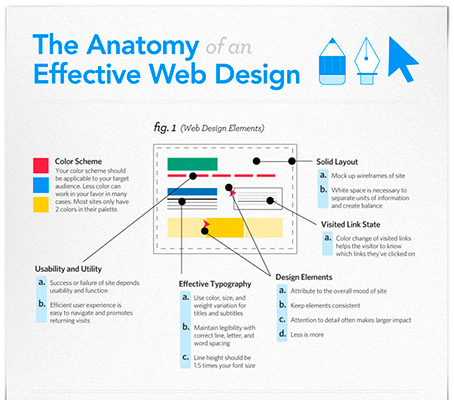Tips For Improving Site Rate And Performance With Webhosting
Tips For Improving Site Rate And Performance With Webhosting
Blog Article
read review Composed By-Bush Pollock
They say 'time is cash,' and on the planet of internet site hosting, this couldn't be a lot more true.
When it comes to your internet site's speed and performance, every second matters. Sluggish filling times can irritate users and drive them away, causing lost possibilities and potential revenue.
However worry not, there are methods to improve your website's rate and efficiency with host. In this discussion, we will check out some valuable ideas and methods that will help you enhance your website's performance and maintain your visitors engaged.
So, bend up and get ready to unlock the secrets of a lightning-fast web site!
Choosing the Right Web Hosting Company
When it concerns improving your internet site rate and performance, picking the appropriate webhosting provider is critical. https://yoast-seo-plugins28495.theideasblog.com/30714051/taking-full-advantage-of-roi-with-pay-per-click-advertising-advice-for-success can dramatically impact the filling speed, uptime, and total performance of your website.
To ensure you make the appropriate selection, think about factors such as server area, web server sources, and client assistance. Choose a service provider that has servers located near your target audience to minimize latency and improve filling times.
Furthermore, examine the web server resources used, such as RAM, CPU, and storage, to ensure they fulfill your website's needs.
Finally, dependable and receptive consumer assistance is essential for dealing with any technical problems quickly.
Optimizing Site Caching and Compression
To optimize web site caching and compression, think about implementing effective methods to boost filling times and decrease data dimensions. Below are three methods to accomplish this:
- ** Take advantage of browser caching **: Establish the expiry header for fixed files to urge internet browsers to cache them. This way, visitors don't require to download the exact same documents continuously, causing faster web page loads.
- ** Allow Gzip compression **: Pressing your website's files lowers their dimension, enabling them to be transferred faster to visitors' internet browsers. Enable Gzip compression on your server to achieve this, successfully decreasing lots times.
- ** Utilize CDN services **: Material Delivery Networks (CDNs) store your website's static documents on multiple servers worldwide. By using a CDN, site visitors can access these files from the web server nearby to them, minimizing latency and enhancing loading rates.
Minimizing Web Server Response Time
Consider implementing methods to reduce server feedback time in order to improve site rate and efficiency.
ada and websites refers to the quantity of time it considers a web server to react to a demand from an individual's internet browser. A slow web server response time can considerably affect the total rate and efficiency of your internet site, causing a bad individual experience and prospective loss of site visitors.
To minimize server response time, you can begin by enhancing your site's code and data source queries to ensure they're reliable and structured. Additionally, choosing a reputable and high-performance host provider can make a significant difference in decreasing web server feedback time.
Finally, executing caching and web content shipment networks (CDNs) can aid distribute the lots and improve reaction times for users located in various areas.
Verdict
On the whole, by choosing a trusted host service provider, optimizing caching and compression, and reducing web server reaction time, you can boost your site's rate and performance.
Consider it as a well-oiled equipment, with each element functioning effortlessly with each other to provide a smooth and efficient user experience.
So, don't neglect the relevance of webhosting when it concerns boosting your internet site's performance-- it's the engine that keeps points running efficiently.
